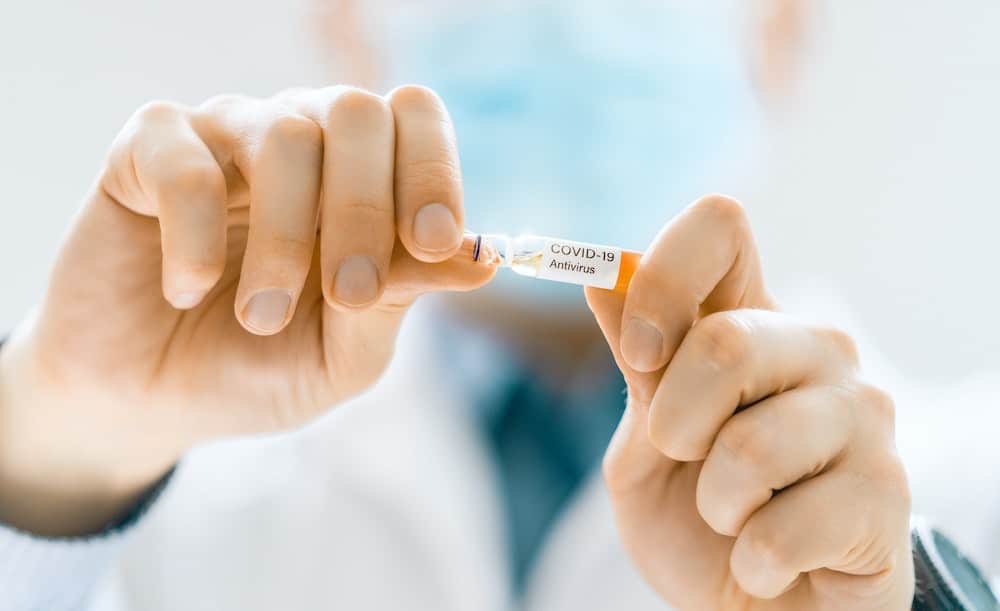Feather plucking is a common but concerning issue among pet birds that can leave you distraught and puzzled on how to help your pet. This behavior, often seen in parrots, is not only harmful physically but could also indicate emotional distress. Today, we delve into this issue, exploring why your avian friend might be resorting to this behavior and how you can help them break the habit.
Understanding Feather Plucking
Before we venture into how to address feather plucking in birds, it is crucial to understand what this behavior entails and why it may occur. Feather plucking, also known as feather picking, is characterized by birds stripping off their feathers down to the skin. It’s often an alarming sight for bird owners, as it leaves bare patches on the bird’s body, adding unnecessary stress to both the bird and the caretaker.
Sujet a lire : How to Properly Insulate a Reptile Enclosure for Optimal Temperature Regulation?
This behavior can be triggered by a variety of factors. Some of the common causes include poor diet, boredom, loneliness, stress, or underlying health problems. It’s paramount that you get to the root cause of the problem before trying to stop your bird from feather plucking.
The Role of Diet in Feather Plucking
A healthy diet plays a crucial role in your bird’s overall health and well-being, and a lack of essential nutrients can lead to feather plucking. Birds, especially parrots, require a balanced diet of fruits, vegetables, grains, and proteins to thrive.
Cela peut vous intéresser : How Can You Teach a Pet Bird to Safely Interact with Household Guests?
If your bird is not getting enough of these nutrients from its food, it may start plucking its feathers. The lack of certain nutrients like amino acids, vitamins, and minerals can make the feathers brittle and itchy, causing discomfort and leading to plucking.
Therefore, it’s essential to feed your bird a balanced diet that caters to its nutritional needs. Don’t rely on birdseed alone; incorporate a variety of foods into your bird’s diet, including fresh fruits and vegetables, grains, nuts, and lean meats.
Detecting and Addressing Underlying Health Issues
Sometimes, the cause of feather plucking in birds is not due to behavioral issues but medical ones. Avian health problems that can lead to feather picking include skin infections, parasites, hormonal imbalances, and systemic diseases. Such conditions can cause discomfort, leading your bird to pluck its feathers in an attempt to relieve the irritation.
If your bird’s feather plucking continues despite a balanced diet and proper care, it’s time to consult an avian vet. The vet will conduct a thorough examination to rule out or confirm any health-related problems causing the feather plucking. If a health issue is identified, prompt and appropriate treatment is essential to curb the plucking behavior.
Providing a Stimulating Environment
Another common reason birds resort to feather plucking is due to boredom and lack of stimulation. In the wild, birds spend their time foraging for food, flying, and socializing with other birds. In comparison, a pet bird’s life in a cage can be mundane and inactive, leading to boredom and loneliness.
To mitigate this, ensure your bird’s cage is large enough for it to move and stretch freely. Regularly rotate toys and accessories to keep the environment stimulating and new. Provide plenty of out-of-cage time under supervision for exercise and exploration.
Behavioral Training and Professional Help
For some birds, feather plucking becomes a hard-to-break habit. If changes in diet, health care, and environment don’t mitigate the issue, it might be time to consider behavioral training or professional help.
Bird behavioral specialists, or avian behaviorists, are trained to understand bird behaviors and can provide insight into why your bird might be resorting to feather plucking. They can also provide training techniques and strategies to discourage feather plucking and encourage healthier behaviors.
In conclusion, feather plucking in birds is a multifaceted issue with many potential causes. By taking a proactive approach to your bird’s diet, health, environment, and behavior, you can significantly reduce the likelihood of feather plucking and help your bird live a happier, healthier life.
Enrichment Activities and Social Interaction
Feather plucking in birds can often be a result of boredom or lack of social interaction. In the wild, birds engage in a plethora of activities that stimulate their minds and bodies. They fly long distances, forage for food, and participate in social interactions with other birds. This is in stark contrast with the life of captive birds, which can be mundane, lacking the stimulation they need to thrive.
It’s important to enrich your bird’s life with a variety of activities. This can be achieved by providing a range of toys that engage different types of play and encourage physical exercise. Toys that mimic foraging can be particularly useful, as they engage the bird’s natural instincts to search for food and solve problems. Changing these toys regularly can keep the environment exciting and new.
Additionally, companion birds, like parrots, are sociable creatures and require interaction with their human caretakers or other birds. Spending quality time with your bird, talking to it, and including it in your daily activities can significantly reduce feelings of loneliness and boredom, thus reducing the likelihood of feather plucking.
The Importance of Regular Check-Ups with an Avian Veterinarian
Regular check-ups with an avian veterinarian are crucial in detecting and addressing feather destructive behavior in its early stages. An avian vet is specifically trained in bird care and can provide expert advice and treatment plans tailored to your bird’s needs.
During a check-up, the veterinarian can conduct a thorough physical examination to identify any signs of feather destruction or other health problems that could be causing plucking. This might include skin infections, parasites, or systemic diseases that could cause discomfort and lead to feather picking. Regular blood tests can also help screen for any internal health issues that could potentially lead to feather damaging behavior.
If a health problem is identified, the avian vet can prescribe appropriate treatment to alleviate the symptoms and address the root cause of the feather plucking. This might involve medication, dietary changes, or recommendations for changes to the bird’s living environment.
Conclusion
Feather plucking is a complex issue that can stem from a variety of causes, from poor diet and health problems to boredom and lack of social interaction. Therefore, it’s essential to take a comprehensive approach to your bird’s care, addressing all potential factors that might contribute to this behavior.
By ensuring a balanced diet, providing a stimulating environment, engaging in regular social interaction, and scheduling regular check-ups with an avian veterinarian, you can significantly reduce the likelihood of feather plucking. Remember, each bird is unique and might require different approaches. However, with patience and commitment, you can help your bird overcome feather plucking and lead a happier, healthier life.
In the face of persistent feather damaging behavior, don’t hesitate to seek professional help from an avian behaviorist or veterinarian. They can provide valuable insight and tailored strategies to help your bird. Your bird’s well-being is worth the effort, and with the right support, you can curb feather plucking and help your pet thrive.






